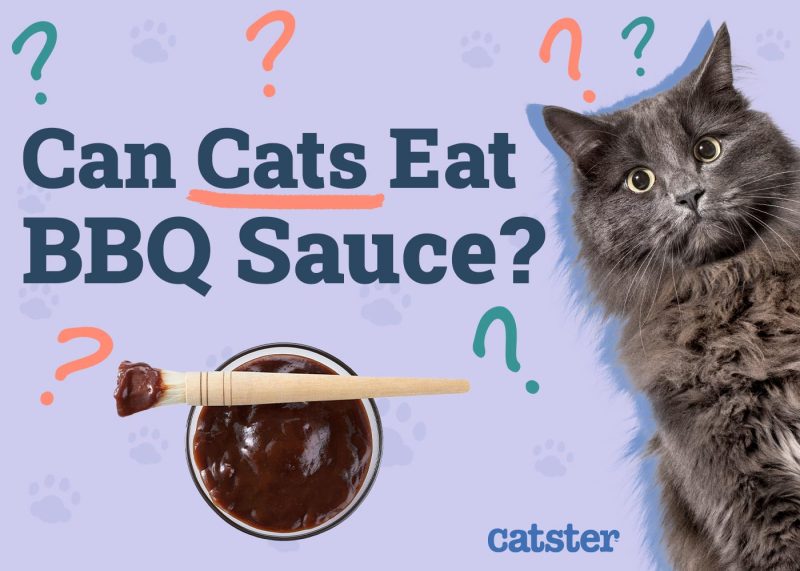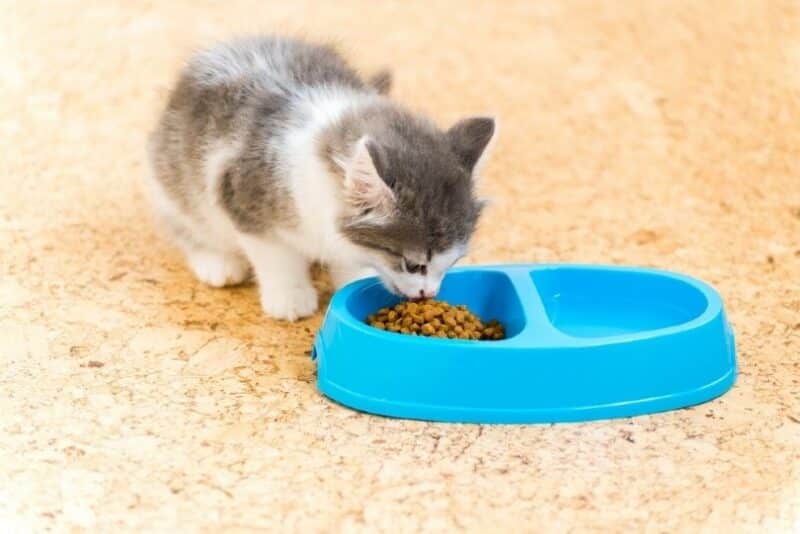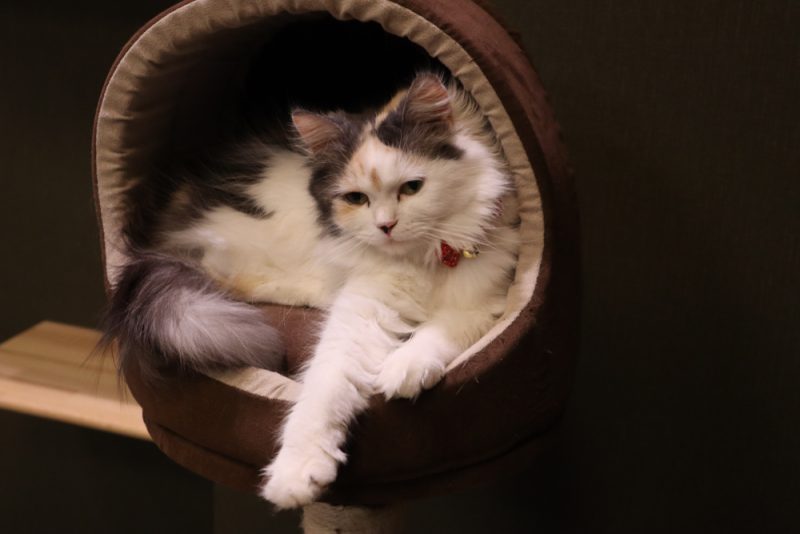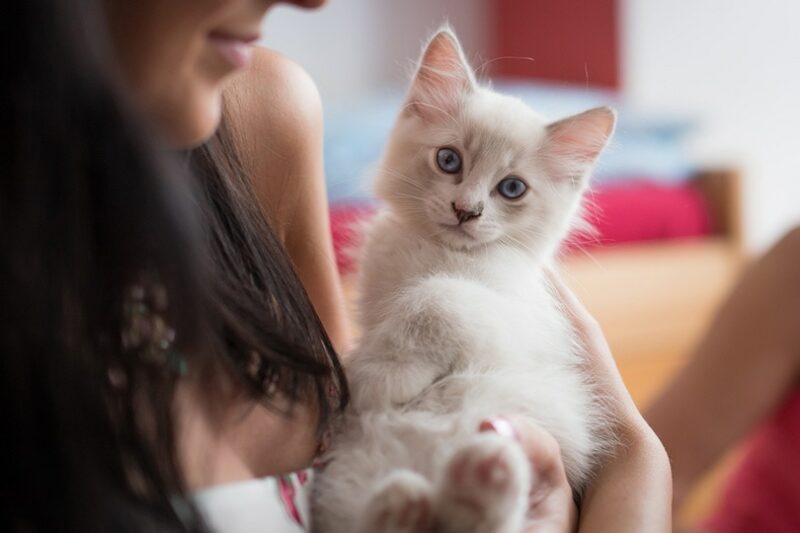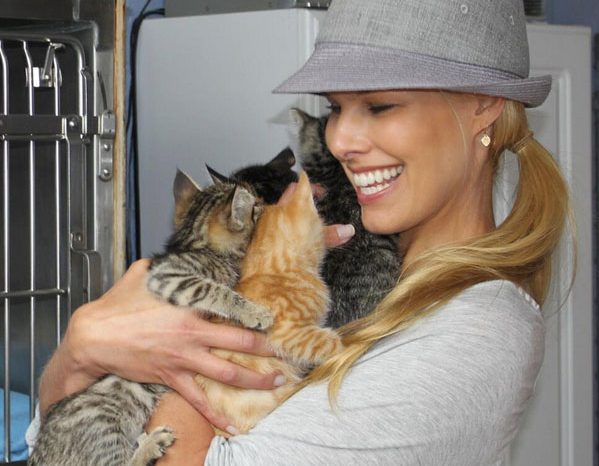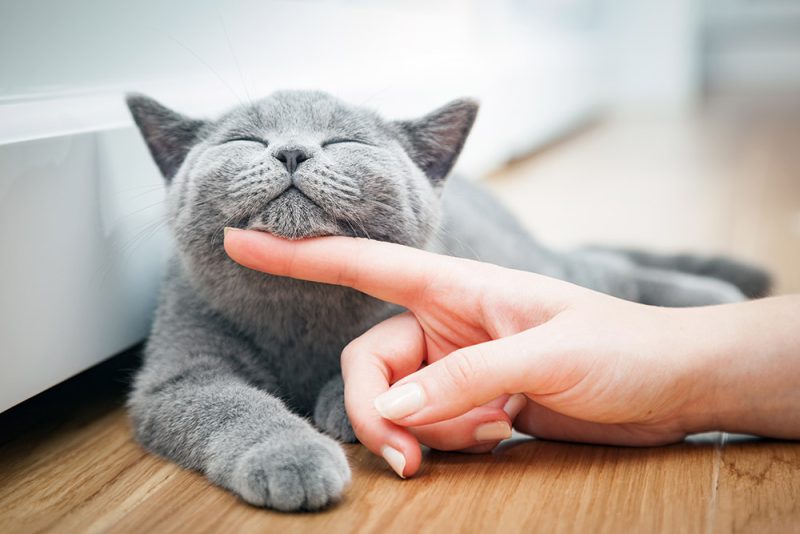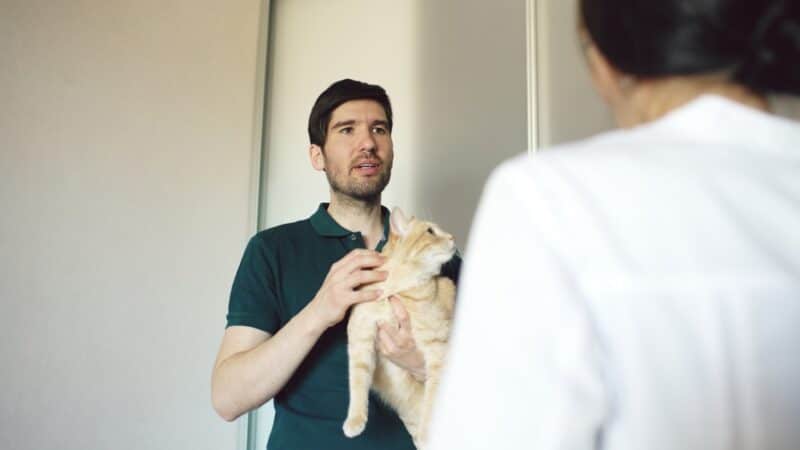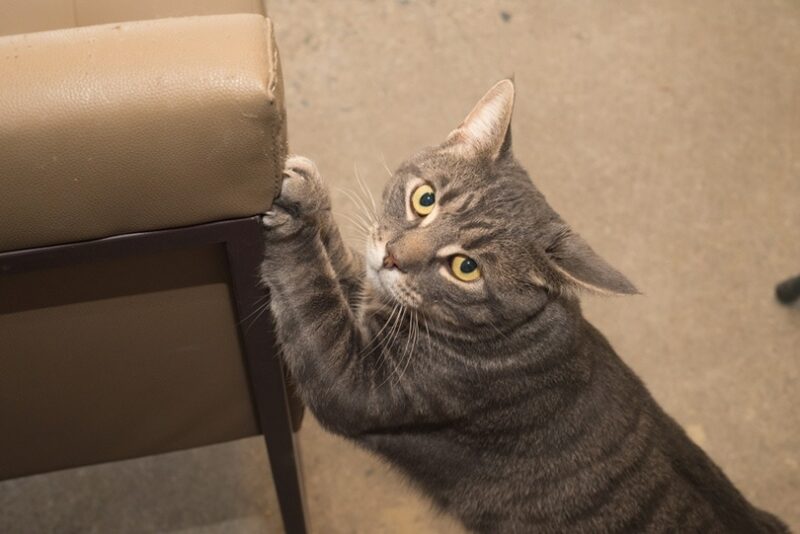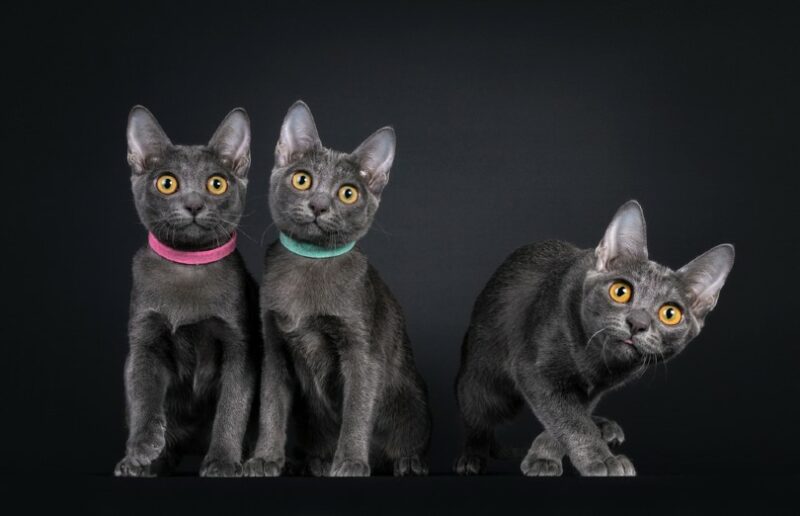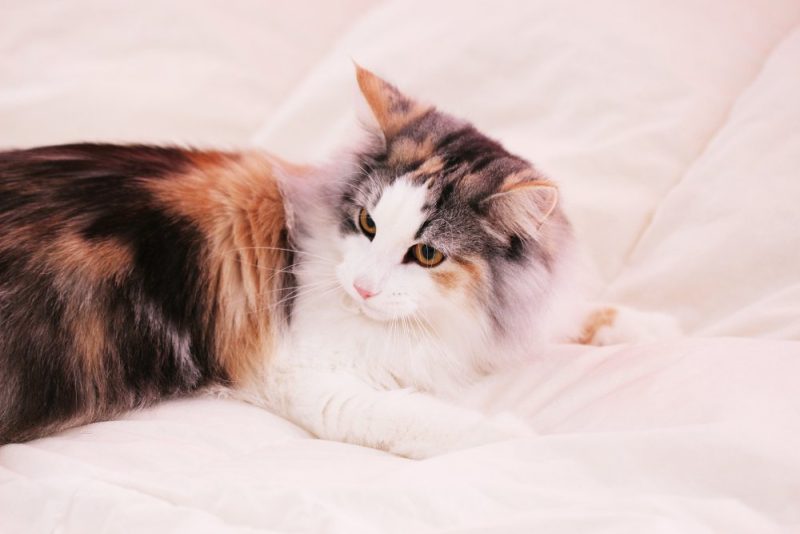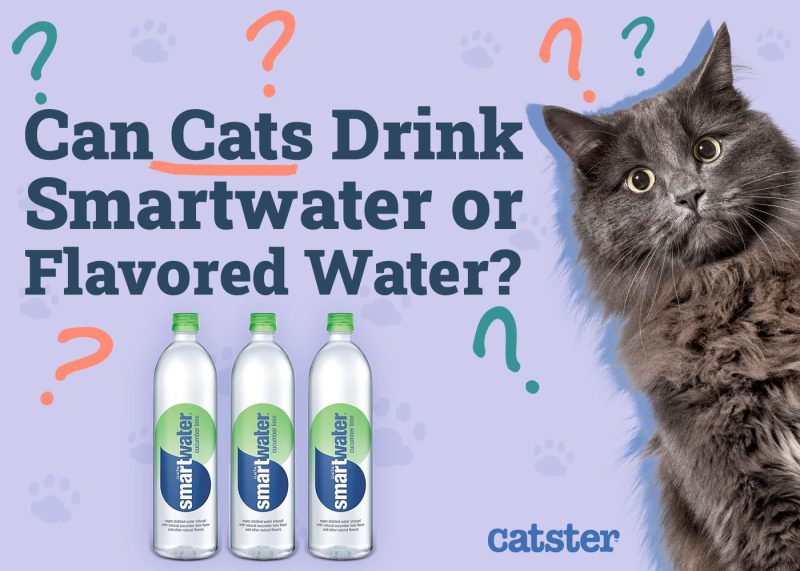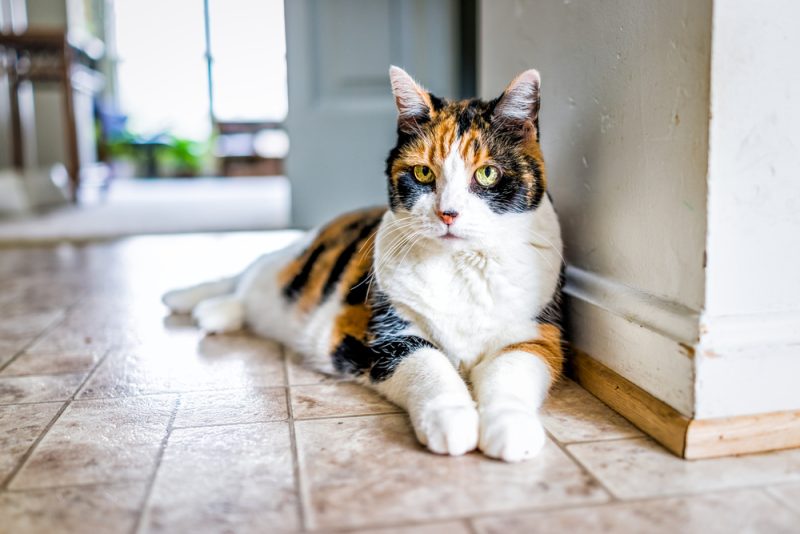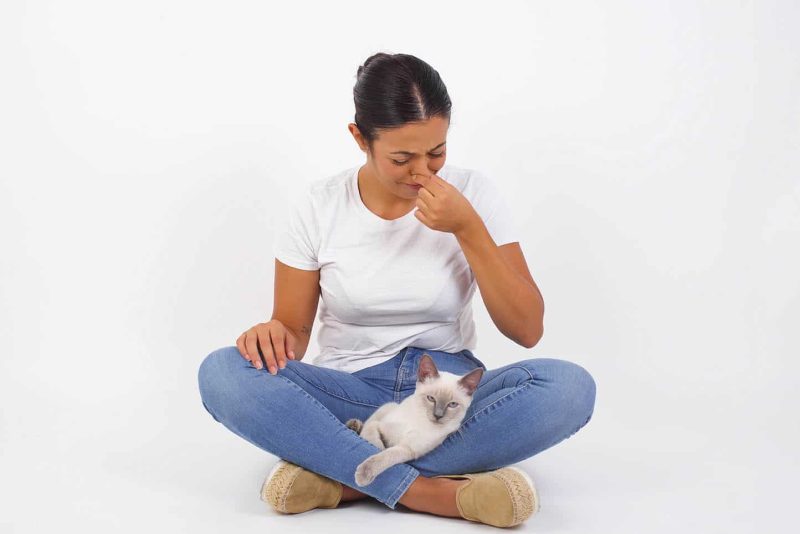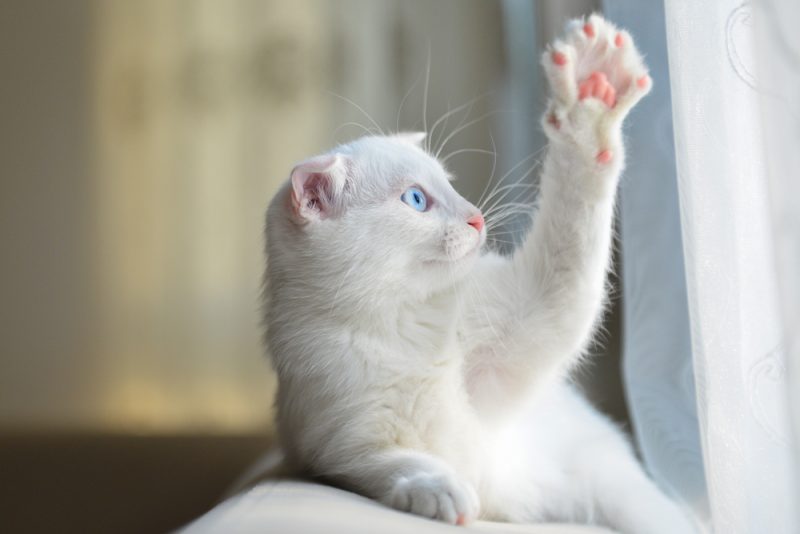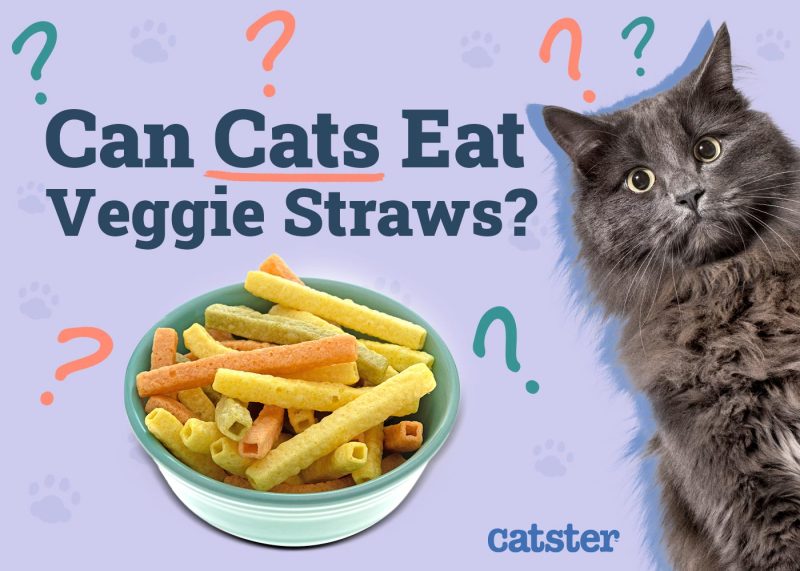Firing up your grill for a barbecue dinner, lunch, or snack is a delicious way to enjoy a meal. However, most barbecues typically involve cooking meat, which is likely to interest your cat. Most meat, particularly if it isn’t seasoned, is safe for cats, but what if your cat runs off with a chicken leg that’s been slathered with BBQ sauce?
Is BBQ sauce safe for cats to eat? The short answer is no. BBQ sauce contains ingredients that are not good for cats, so it’s best if you keep it away from your cat. It isn’t necessarily toxic, but that does depend on the sauce and its ingredients.
Here, we look at barbecue sauce in more detail and what might happen if your cat does eat any.
A Little About BBQ Sauce
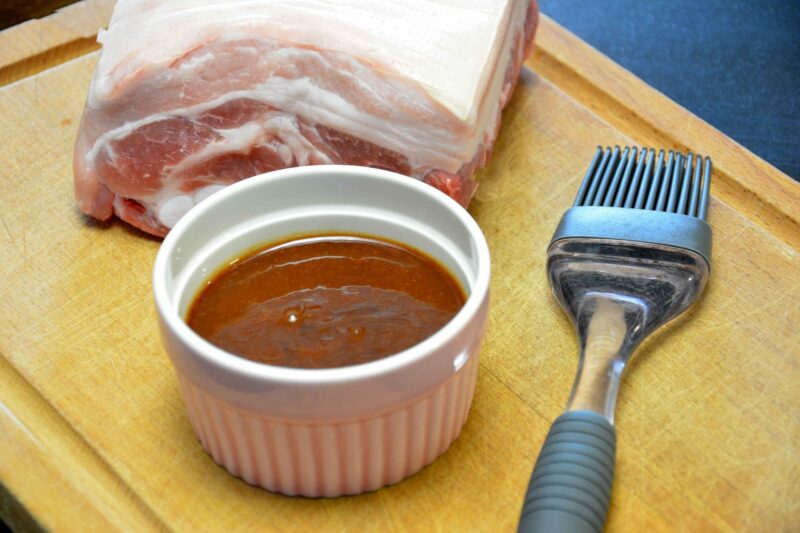
There’s a reason that barbecue sauce is only meant for humans and not for our pets. It’s all in the ingredients. The typical BBQ sauce usually contains the following:
- Tomato paste
- Vinegar
- Mustard
- Ketchup
- Brown sugar
- Molasses
- Liquid smoke
- Onion powder
- Spices and seasonings
- Salt
These ingredients and seasonings depend on the region, if you purchase it in a store, or if it’s homemade, but most BBQ sauces contain a variation of these items. How harmful the sauce is for your cat ultimately depends on what ingredients are in it.
Let’s look at what the bad ingredients for cats are and what happens if a cat eats too much.

Cats and BBQ Sauce
Here are the more harmful ingredients for cats that are sometimes in BBQ sauce.
Onions and Garlic
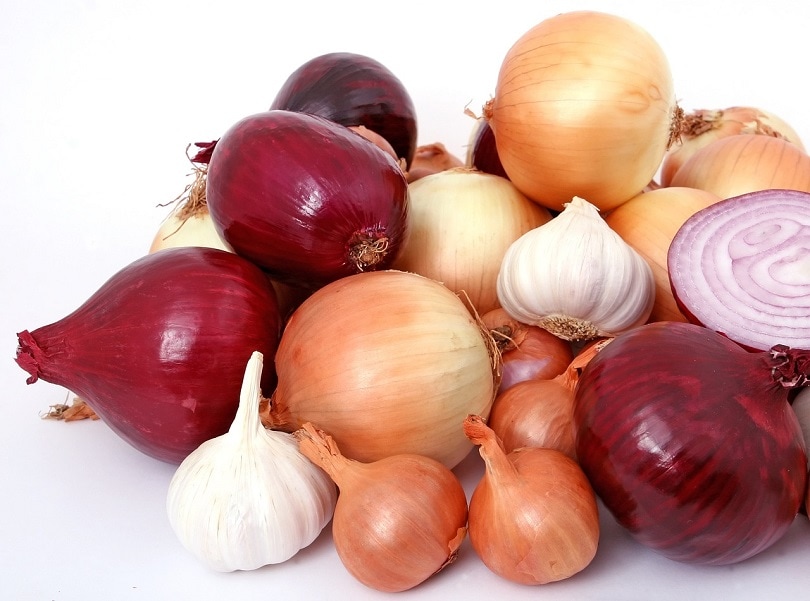
Both of these ingredients are toxic to cats, dogs, and horses. The ASPCA lists onions and garlic, and anything in this family, such as leeks and shallots, as poisonous for cats. Under no circumstances should your cat be given anything that contains these vegetables or seasonings.
When a cat ingests onions or garlic, the red blood cells in their body experience oxidative damage, which can lead to anemia.
Signs can include:
- Lethargy
- Weakness
- Unable to exercise
- Pale gums
- Increased heart rate
- Increased breathing rate
- Collapse
Garlic and onions can also cause gastroenteritis, which can lead to:
- Vomiting
- Diarrhea
- Drooling
- Nausea
- Stomach pain
- Mouth irritation
If you know that your cat has eaten anything with onions or garlic in it, you should contact a vet immediately, as signs may not show up for a few days. So, even if your cat seems okay after eating anything with these ingredients, that doesn’t necessarily mean they are safe.
If you need to speak with a vet but can't get to one, head over to PangoVet. It's an online service where you can talk to a vet online and get the advice you need for your pet — all at an affordable price!
Salt
The Pet Poison Helpline lists salt as toxic to cats because too much of it can lead to salt poisoning. The signs of too much salt are:
- Diarrhea
- Decreased appetite
- Lethargy
- Loss of balance
- Increased urination and thirst
- Tremors
- Seizures
- Coma
Too much salt can be quite serious and cats have a much lower tolerance for salt than humans.
Sugar/Sweeteners
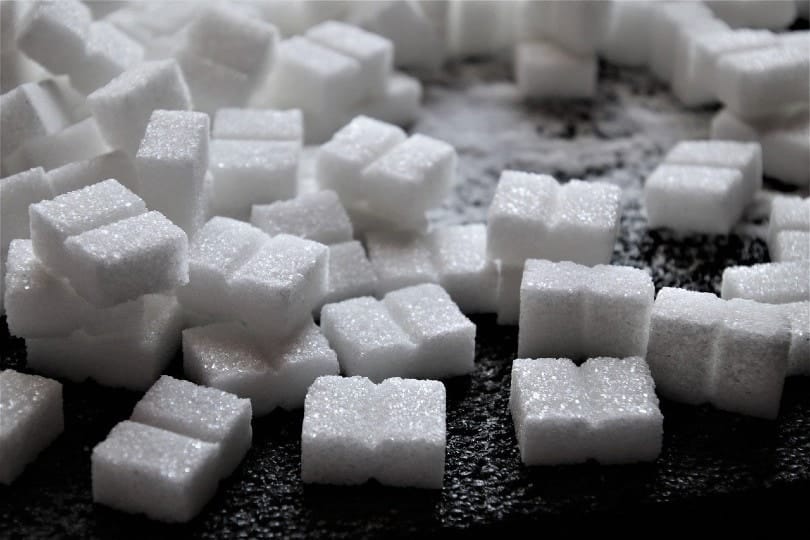
Most BBQ sauces contain sugar, molasses, or other sweeteners. Too much sugar for cats can potentially lead to excess empty calories and weight gain. Treats with a little bit of sugar should be okay, but they shouldn’t become a regular thing. Cats can’t even taste anything that’s sweet, so it’s not worth the health risks.
Regarding artificial sweeteners, xylitol is a popular sweetener that is toxic for dogs, though it seems that it isn’t as bad for cats. Still, it would be safest to keep anything sweet away from your kitty.
Spicy Seasonings
Anything spicy can potentially cause stomach upset in cats, which might include nausea, vomiting, diarrhea, and gastrointestinal tract irritation.
Tomato paste makes up the main base of most BBQ sauces, and while ripe tomatoes are not considered toxic, tomatoes still might cause mild stomach upset.
Likewise, vinegar itself isn’t toxic, but it can burn the mucous membranes of your cat’s digestive tract if ingested without dilution.
If you’re curious about what’s safe for cats to eat or have general questions about your feline’s nutrition or diet, it is recommended you speak to your vet.

Barbecue Safety
Beyond keeping your cat away from BBQ sauce, there are other hazards around barbecues. First, meat bones tend to splinter after they’ve been cooked, so if your cat eats a bone, it can lead to punctures in their digestive tract. There’s also the risk of choking if these small bones get stuck in the teeth, mouth, or throat.
The other risk is food that hasn’t been cooked properly, and just like us, cats are susceptible to Salmonella, E. coli, and Listeria poisoning.
If your cat hangs out with you outside while you’re grilling, keep an eye on sharp objects, cooking fluids (if any), and any paraphernalia, such as aluminum foil, all of which can be hazardous to any pet that swallows them. There’s also the possibility of burns.
The moment that your cat eats something that they shouldn’t or if they get injured in some way, be sure to contact the emergency clinic or vet as soon as possible.
 Conclusion
Conclusion
In the long run, your best bet is to keep your cat away from barbecues. If your cat ends up eating a small amount of BBQ sauce, it won’t likely be harmful, but you don’t want to make this a regular habit because there’s nothing healthy about it for them.
Cats need a balanced diet with specific nutrients, and BBQ foods generally will not fulfill their requirements. Also, there are far too many ingredients in most BBQ sauces that could make your cat sick.
If you have any questions or concerns about your cat’s diet, speak to your vet, as you’ll be given advice and guidance on the best ways to provide your cat with ideal meals and treats. After all, our kitties definitely deserve good and healthy treats every once in a while!
Featured Image Credit: Pixabay
